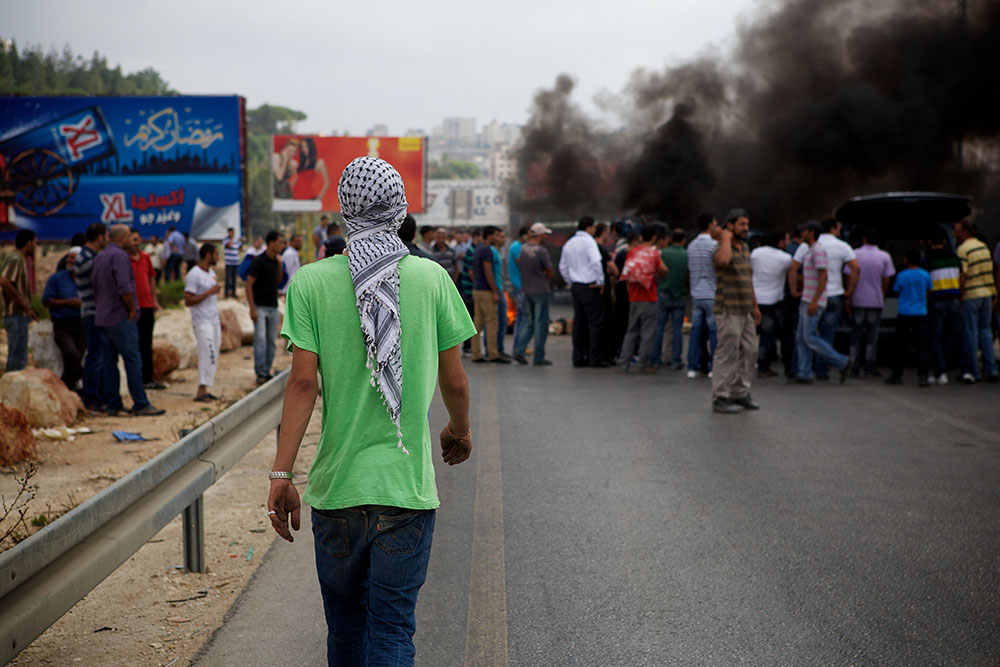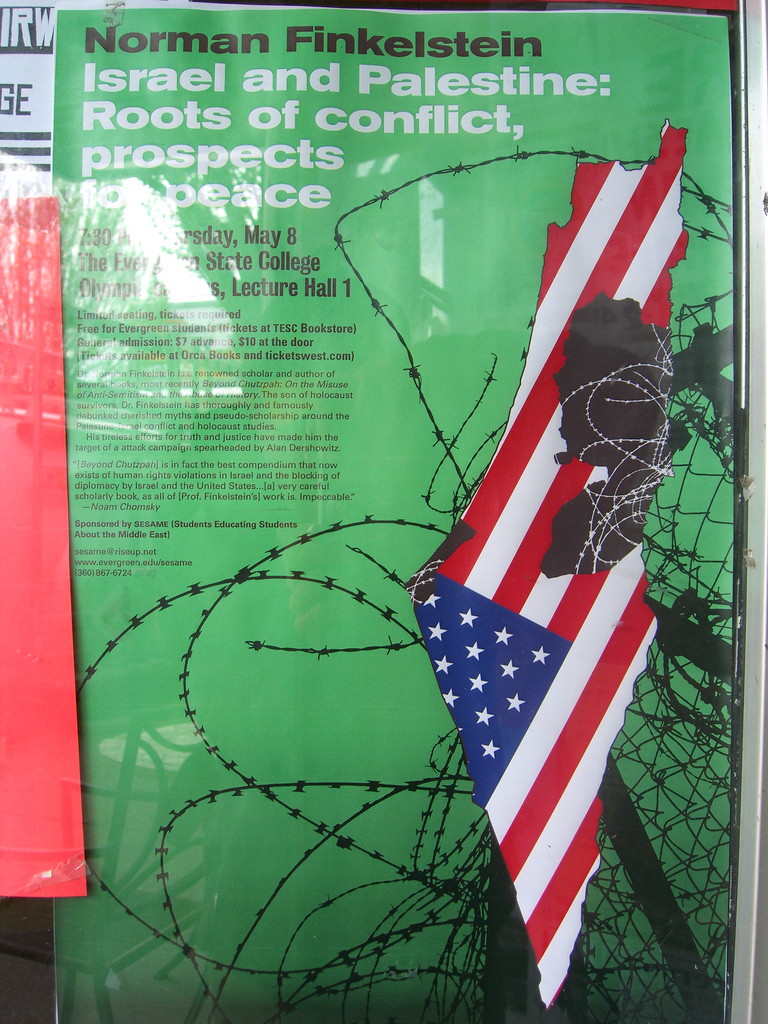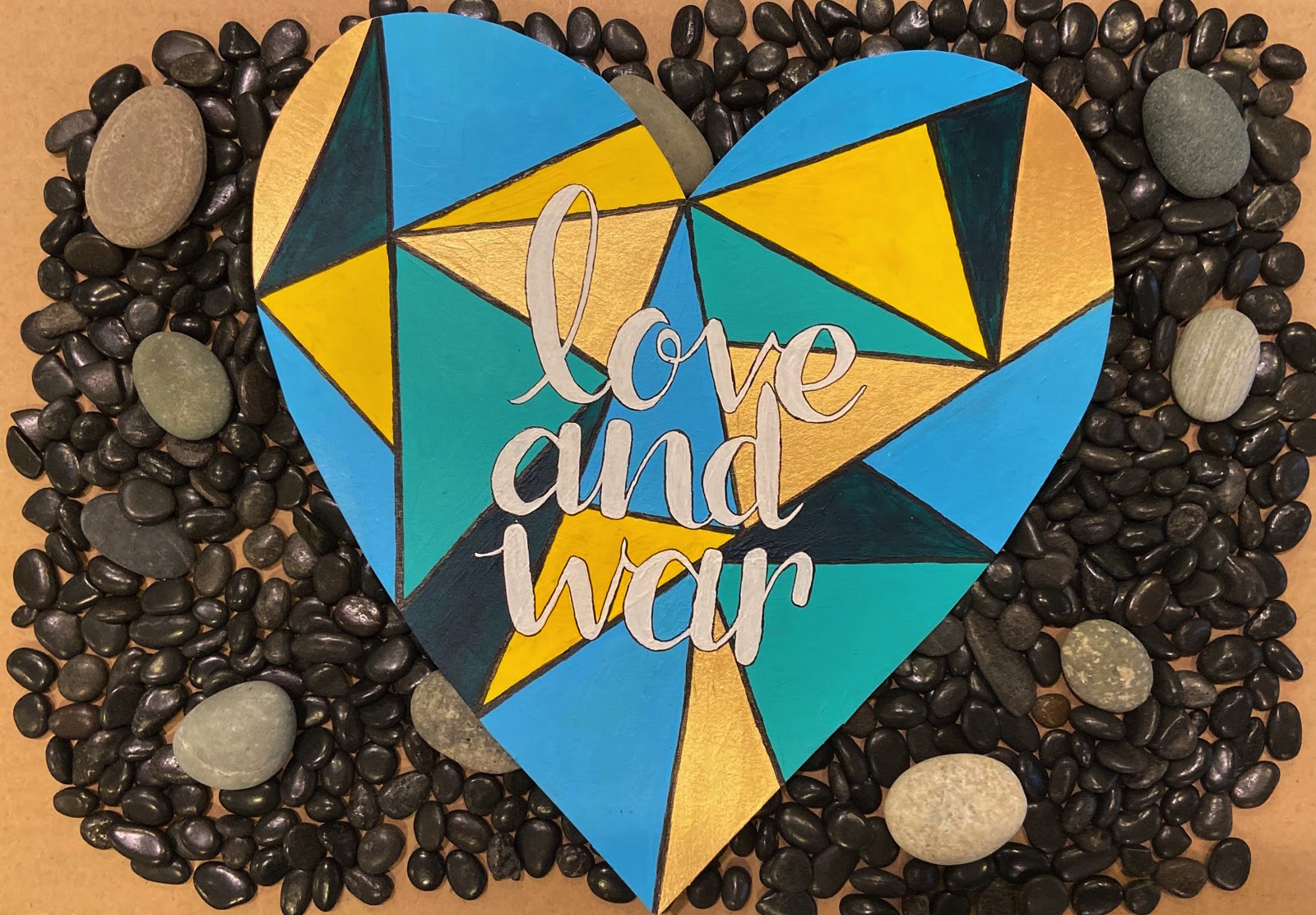
The incendiary anti-Muslim movie trailer titled, “Innocence of Muslims” elicited anger and protest across the Muslim world in reaction to its derogatory portrayal of the Prophet Muhammad as a child molester, murderer, philanderer and extortionist. In one extreme and tragic case, the United States Consulate in Benghazi, Libya was attacked, resulting in the deaths of U.S. Ambassador Christopher Stevens and three other American citizens. This violent reaction, combined with the American media’s focus on other violent demonstrations in Pakistan, Afghanistan, and Indonesia, has left many people in the United States both furious and fearful; but perhaps more pervasive is a sense of shock and confusion. How could one poorly made amateur video provoke such a strong and passionate response from Muslims all over the world?
The answer is a complicated one, and one that is far more nuanced than the visceral reactions and limited observations which have characterized much of the American media’s coverage of the events. Examining the backlash through the lens of “Islam vs. Christianity” is not sufficient here (and has probably never been sufficient anywhere). In addressing these events, one must consider not only religion, but also diversity of national values, politics, and economics, all of which play a role in shaping the complex issue of American-Islamic relations.
The United States operates under a largely secular, democratic, liberal capitalist model that regards individual freedom among the highest national values. This freedom is seen as invaluable and essential, and barring a few situational exceptions, Americans will consistently defend it as a fundamental component of fair and open society. This, some would argue, is the “American way.”
The Islamic world envisions a different ideal society – one in which collective respect and dignity are held above unmitigated individualism. These variances do not exist merely as differences in philosophy; they have real-world implications with regard to policy and international relations.
To the majority of Americans, the production of materials that are offensive or disrespectful falls within one’s rights as an individual, even if it is frowned upon. Any personal offense that arises from this freedom is unfortunate but largely unavoidable and must be endured in the name of free speech. It can therefore be inferred that according to American standards, “Innocence of Muslims,” while insulting and in bad taste, is not so outrageous as to warrant transnational protest.
The fact that protests led to riots and ended in murder is cause for bewilderment for most Americans. To many members of the Islamic world, on the other hand, the dissemination of a video that portrays such an important religious figure in such a heinous light goes beyond stupidity and tactlessness; it demonstrates a profound lack of respect, both for the Prophet Muhammad and the global Muslim community. In short, the brand of unbridled freedom practiced by the United States is unacceptable when it allows for such great insult to be inflicted upon a group of people as large as the Muslim world.
Taking these two worldviews into account, the question then becomes, who is right? Whose worldview possesses the validity to cross oceans and borders and apply internationally? The only sensible answer is that neither of them do, at least not completely or in every circumstance. It is important for both sides to recognize that their differences in national values are significant, but not irreconcilable. These are not matters of acquiescence, but of respect.
When one considers the multitude of ways in which American and Western foreign policy has negatively affected many predominantly Muslim countries, the complexity of the issue increases immensely. The effects of globalization, colonialism, imperialism and military intervention cannot be underestimated in terms of their political and social ramifications. In many ways, Western policy has dominated the global political conversation and economic markets since the end of World War II, in accordance with Immanuel Wallerstein’s World-system theory. Western nations like the United States and Great Britain that are highly industrialized and undominated, have wielded a great deal of power over semi-periphery and periphery nations. These nations, including several Arab states and a majority of the Middle East, largely serve the core.
In Egypt, for example, former President Hosni Mubarak, long denounced by his people for dictatorial practices, was a longtime friend of the United States, who supported him with careful rhetoric and heavy financial assistance for nearly thirty years. Where the United States received regional stability and an ally that was not outwardly hostile toward Israel, the Egyptian people received a leader who declined to act in the country’s best interests. A powerful Western state chose to serve its own interests at the expense of those of a Muslim country.
This theme has been repeated time and time again, including during the Iraq war of 2003, in which the United States invaded Iraq under the false premise of destroying nuclear weaponry that, reports later concluded, never existed in the first place. Just a few unintended consequences of the Iraq war include heightened Shiite-Sunni tensions which continue to divide the Middle East, and the crop-up of the latest generation of Al-Qaeda-like Salafi terrorists that operate across borders.
Needless to say, the will of the West has affected the lives of Muslims in the Middle East and throughout the world. State sovereignty has frequently been violated or ignored, human rights have been placed on the backburner, and citizens of the Arab-Islamic world have been externally influenced both politically and economically. These factors must be seriously considered when one questions the cause of Arab-Islamic resentment for the West, and particularly the United States.
Economic difficulties have also played an instrumental role in fueling the kind of anger witnessed in Libya, Egypt, Yemen, Tunisia, Indonesia, Nigeria, and other countries. Research concludes that globalization has not been as kind to the periphery and semi-periphery regions that continue to face subjugation as it has been to the exploitative core. The Middle East and Africa, home to several of the nations involved with the recent protests and attacks, have not enjoyed the periods of rapid economic growth seen in other parts of the world.
Westerners have often attributed this disparity to the regions’ failure to adopt the Washington Consensus – if they would only embrace democracy, liberalize their markets and adopt Victorian virtue and economic policy, they too could join the ranks of profitable globalizers. In truth, this process of hasty liberalization has proven disastrous for non-core nations in the past, as it did with Jamaica a few decades following full independence from British rule.
In Egypt, Mubarak failed to spread the wealth that the country had accrued during his rule. The Egyptian economy had grown substantially, but the majority of the benefits entered the pockets of businessmen with ties to the National Democratic Party. In supporting this regime and, consequently, this inequity, the United States sent a message to the Egyptian people, and to the region, that U.S. wealth acquisition was paramount, even if it meant denying others their fair share.
This “us first, them second” policy has molded perceptions of the United States and its allies, causing many people to view the West as exceptionally self-interested and indifferent to the suffering their actions inflict. Combined with rampant Islamophobia, anti-Muslim rhetoric, propaganda, and interventionist foreign policy in the wake of 9/11, the cavernous divide in understanding that exists between the Western and Islamic worlds is deeper than ever before.
When a disrespectful film like “Innocence of Muslims” appears on YouTube for the world to see, it does not act alone, but rather in conjunction with years of economic, political, and cultural subordination. It behaves as a spark, certainly, but the matches were already lying on the table. Lighter fluid already coated the surface. Conflagration cannot occur in a vacuum.
If prospects for peace seem irrevocably bleak, one need only take a brief step back from the often myopic, frequently sensationalist lens of the mass media. It is easy (and profitable) to sell fear and division, and to paint black-and-white portraits of humanity. The truth is far more difficult to sift through, but it is also allows for a greater hope. The truth is that the majority of Americans, despite their hesitancy, trepidation, and lack of comprehensive understanding regarding the Muslim world, do not agree with or support the hateful sentiments expressed in “Innocence of Muslims.” Similarly, the majority of Muslims condemn the extreme violence displayed in Libya, which was likely the work of terrorists taking advantage of the protests.
In the ongoing conflict between the two cultures, there exists a plethora of misrepresentation, misunderstanding, and mishandling of affairs. There is anger, there is confusion, and there is deep-seated resentment that can be neither minimized nor fixed instantaneously. But there is also light, there is reason, and there is a common linkage – humanity – among all people that cannot be diminished. Libyan president Mohamed Magarief told NBC, “These Libyans do not represent the Libyan people or Libyan population in any sense of the word,” and said the U.S. is a “strong friend” to the newly democratized state.
The violent and deadly crimes committed against Americans in Benghazi are indefensible. The much more common peaceful protests should encourage Westerners to evaluate the various sources of protester frustration. Why are they angry? This question cannot be addressed with the dismissive and reductive answer of, “they hate our freedom.” It is broader, deeper, and far less self-flattering than that. As for “Innocence of Muslims,” its significance with regard to the Benghazi consulate attacks remains disputed. Navigating this labyrinth will take time, patience, and willingness to compromise, but the payoff is peace. There is no greater reward.
Emma McGrath
Journalism & International Affairs 2017
Khouri, R. G. (2012, September 15). A Week of Criminals and Culture Clashes.The Daily Star (Beirut, Lebanon), p. 5.
Wallerstein, I. (2012). The Modern World-System as a Capitalist World-Economy.The Globalization Reader (4th ed., pp. 51-56). Chichester: Wiley-Blackwell.
Sklair, L. (2012). Sociology of the Global System. The Globalization Reader (4th ed., pp. 57-63). Chichester: Wiley-Blackwell.
Wolf, M. (2012). Incensed about Inequality. The Globalization Reader (4th ed., pp. 180-186). Chichester: Wiley-Blackwell.
Hounshell, B. (2011, February 1). Mubarak’s 9 biggest mistakes | FP Passport. FP Passport | FOREIGN POLICY. Retrieved September 25, 2012, from http://blog.foreignpolicy.com/posts/2011/02/01/mubaraks_9_biggest_mistakes
News. (2012, September 26). Libyan president to NBC: Anti-Islam film had ‘nothing to do with’ US Consulate attack – World News. World News. Retrieved September 24, 2012, from http://worldnews.nbcnews.com/_news/2012/09/26/14105135-libyan-president-to-nbc-anti-islam-film-had-nothing-to-do-with-us-consulate-attack?lite


